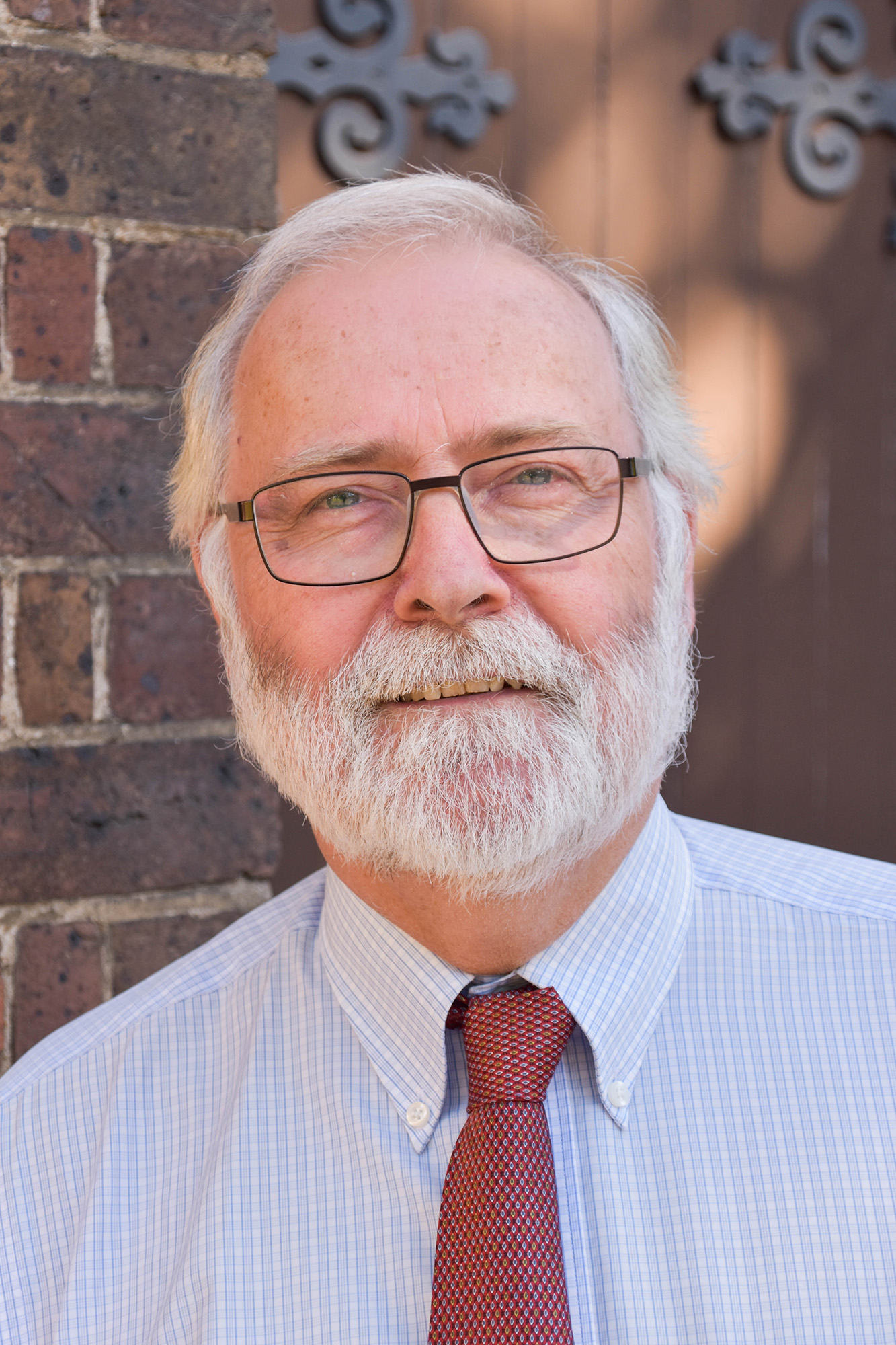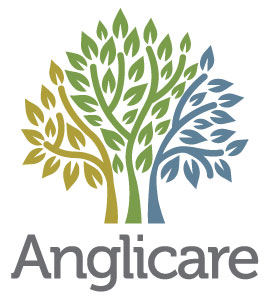Day 1 - Monday 28 October
Location: Old Parliament House
Morning session
- 8.30 - 8.45am Morning Reflections
- 8.45am: Welcome
- 9:00am - 9:30am Welcome from Rt Rev'd Professor Stephen Pickard
- 9:30am - 10.30am Keynote 1
- 10.30am - 11.00am: Morning tea provided
- 11.00am - 12.30pm: Concurrent Paper sessions
- 12.30pm - 1.30pm: Lunch provided and poster presenters
Afternoon session
- 1.30pm - 2.30pm: Keynote 2
- 2.30pm - 3.00pm: Afternoon tea provided
- 3.00pm - 4:30pm: Concurrent Workshop sessions
- 6.30pm - late: Conference Dinner
| Dinner Address | |
|---|---|

|
'What ritual teaches us about life, humour and ageing: Or should that be the other way round?' By Dr Alan Niven In 2016 Alan concluded his lecturing role after over 30 years within the University of Divinity (Pastoral and Family Studies - Stirling College) and recently retired as Director of Research at Stirling. Continuing research, doctoral supervision and networking interests include: chaplaincy and spiritual care education; pastoral and spiritual care in the context of ageing; grief and loss, palliative care and bereavement studies; pastoral ministry supervision - formation and training. He is currently supervising and consulting within the Human Ageing Project, University of Divinity, Melbourne. |
Last updated 24 September 2019



